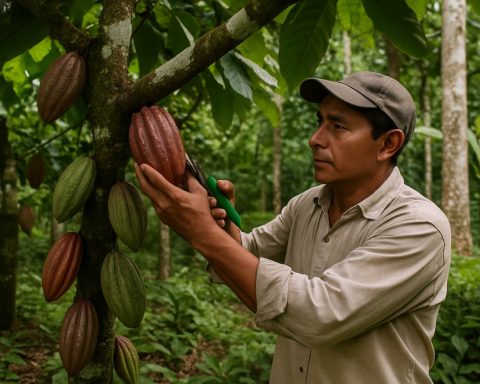
Cacao Agroforestry Systems: Unlocking Sustainable Yields & Biodiversity Gains
Transforming Chocolate Production: How Cacao Agroforestry Systems Drive Sustainability, Boost Farmer Incomes, and Restore Ecosystems. Discover the Future of Ethical Cacao Cultivation. Introduction to





















